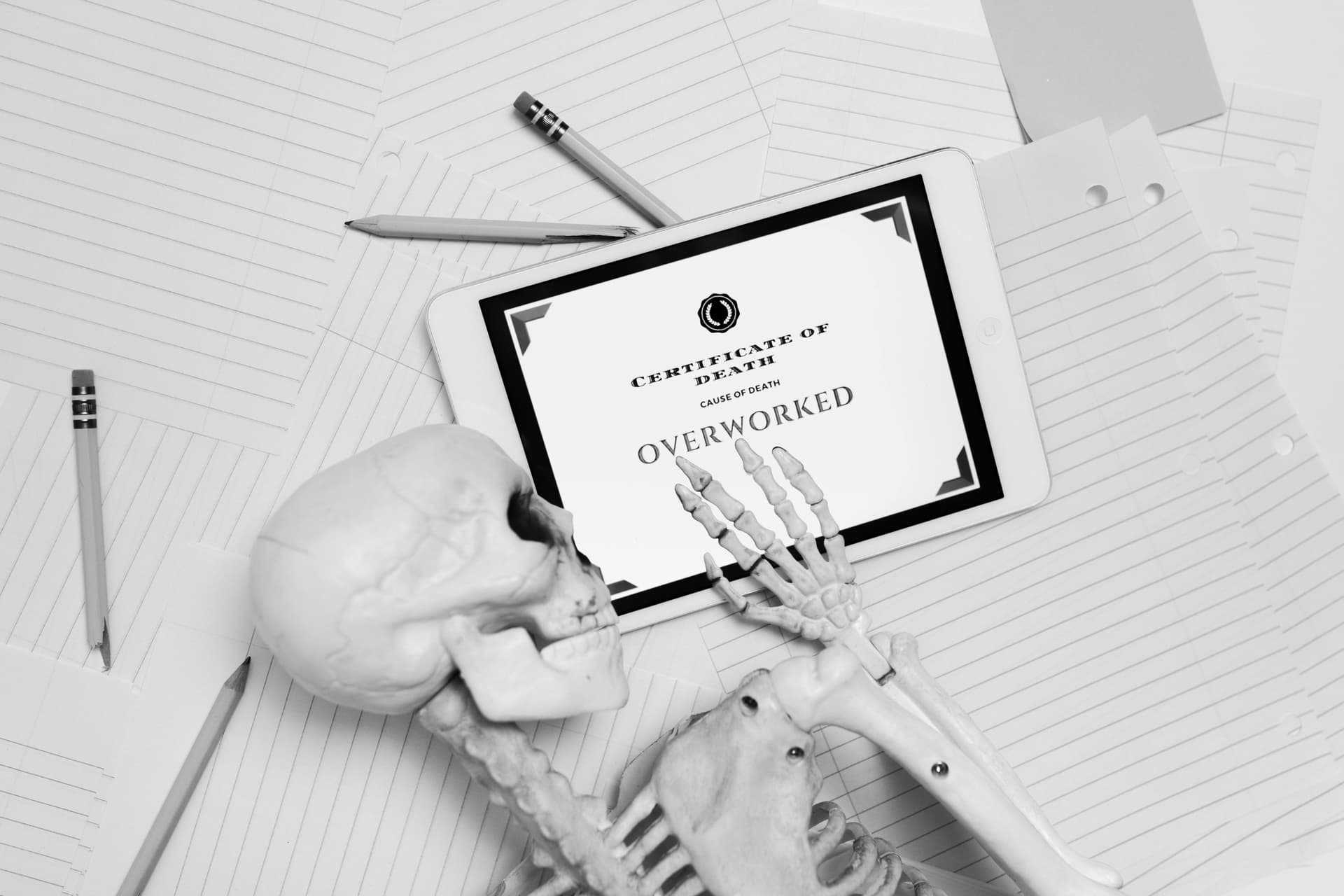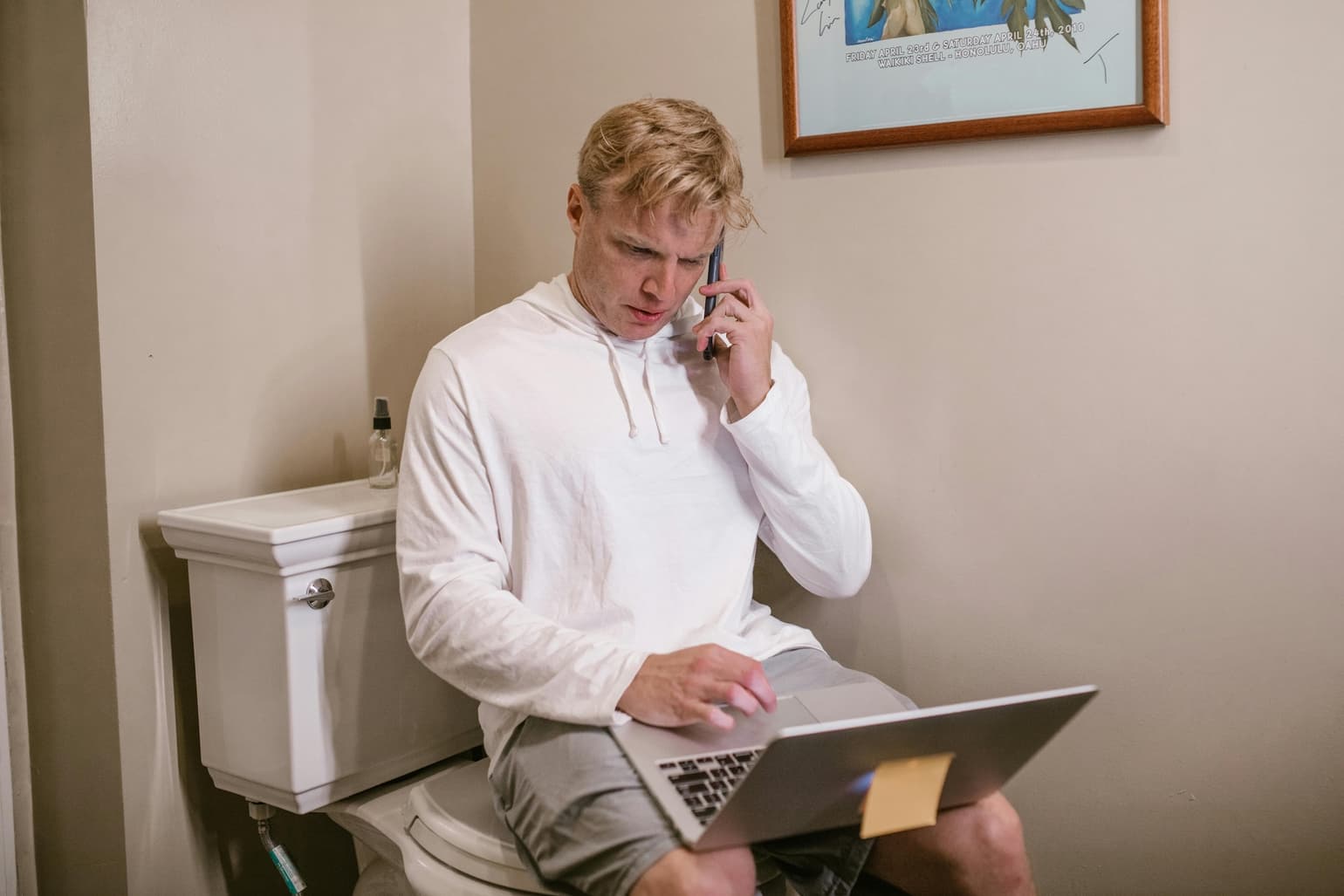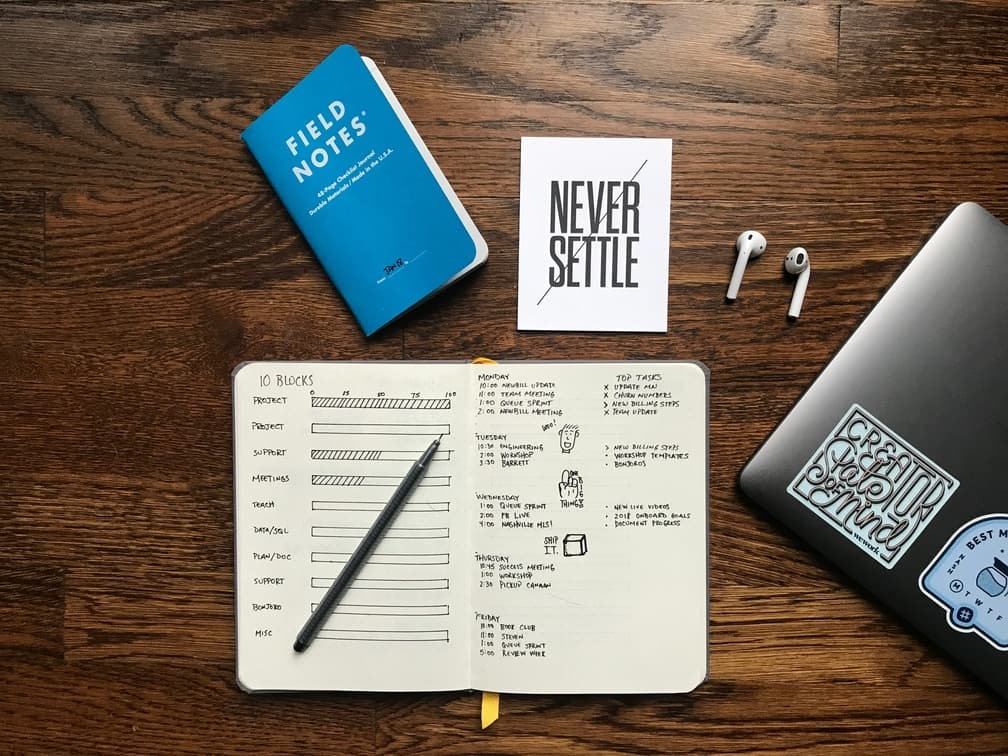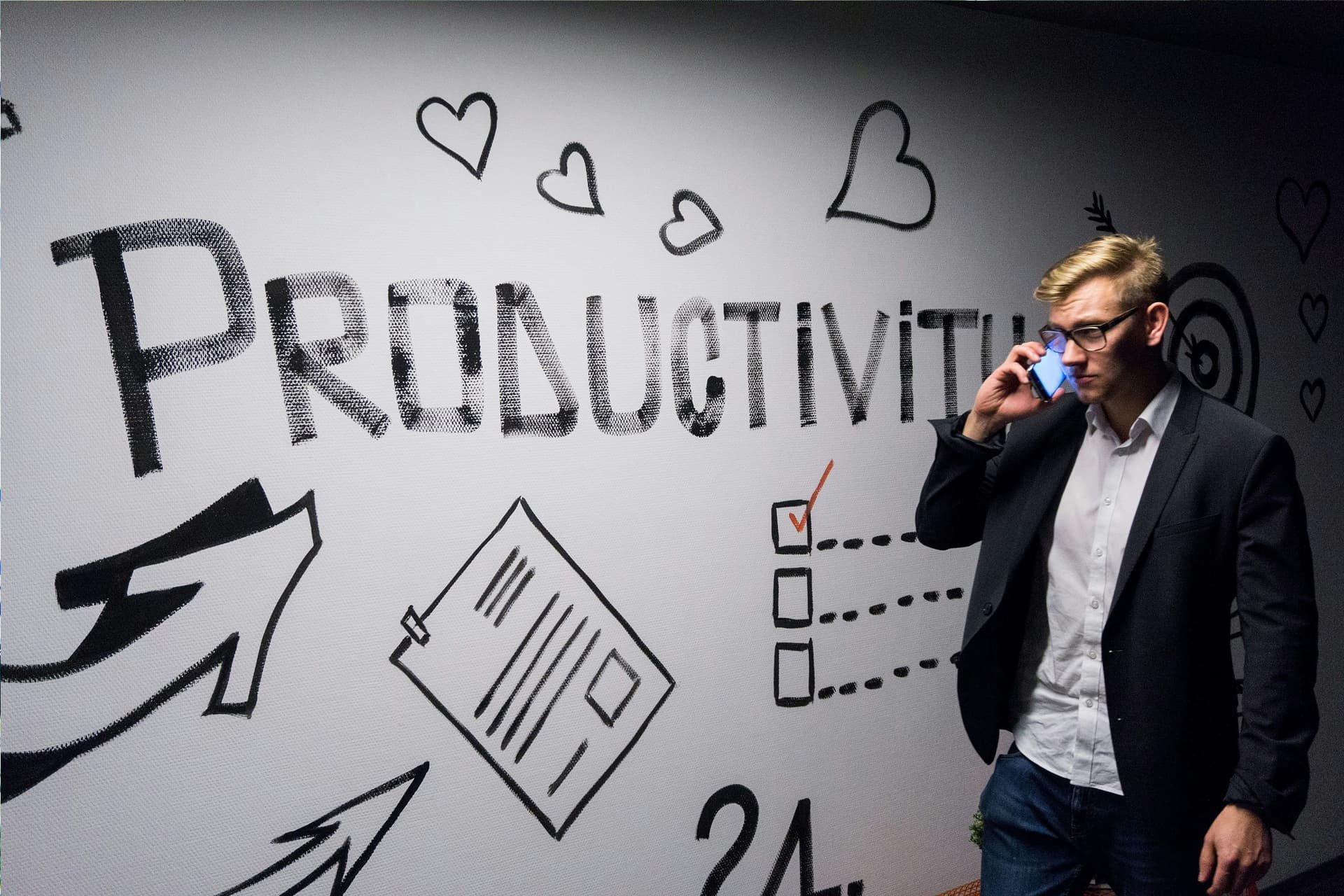Why Top Performers Stop Using To-Do Lists

When researchers at Stanford noticed that C-suite executives rarely used to-do lists, they assumed it was because assistants managed their tasks. The truth was more interesting: these executives had evolved beyond needing lists entirely.
Welcome to the controversial science of why the most productive people abandon productivity systems.
The Data Nobody Expected
Harvard Business School's 2023 Executive Performance Study revealed something puzzling: a negative correlation between career success and reliance on task management systems. The higher someone rose in their career, the less likely they were to use traditional productivity tools.
"We assumed successful people had better systems," explains Dr. Sarah Chen, who led the study. "Instead, we found they needed fewer systems altogether."
The Numbers That Challenge Everything
MIT's Cognitive Performance Lab found:
- Top performers: 37% less likely to use to-do lists
- High achievers: 42% more likely to rely on mental models
- Peak productivity periods: Rarely involved checking lists
- Decision-making speed: 58% faster without list consultation
But here's the twist: they weren't disorganized. They were operating at a higher level of cognitive organization.
The Mental Model Revolution
The most effective professionals don't track tasks – they build mental models of their work landscape. Instead of asking "What's next on my list?" they ask "What creates the most value right now?"
The difference in output is staggering:
- Task completion rate: 40% higher
- Strategic decisions: 67% better
- Time allocation: 89% more optimal
- Stress levels: 43% lower
Why Lists Actually Hurt
Here's where cognitive science gets uncomfortable: lists can actually impair performance. They:
- Create artificial urgency
- Fragment attention
- Encourage task-switching
- Reduce strategic thinking
- Replace judgment with checkbox mentality
"To-do lists are training wheels for professionals," notes Dr. James Liu from Stanford's Decision Science Lab. "At some point, they become the very thing holding you back."
The Evolution of Productivity
The path from list-dependency to mental mastery follows a pattern:
- List Dependency Stage
- Relies heavily on written tasks
- Feels anxious without checking lists
- Measures progress by completion
- System Integration Stage
- Combines lists with judgment
- Develops basic mental models
- Starts trusting instincts
- Mental Model Mastery
- Operates from internal maps
- Makes fluid priority decisions
- Achieves more while tracking less
What Actually Works Better
Top performers replace lists with:
- Value Maps
- Mental models of what creates impact
- Clear understanding of strategic priorities
- Fluid response to changing conditions
- Context Awareness
- Deep understanding of business rhythms
- Recognition of emerging opportunities
- Natural priority sensing
- Strategic Filters
- Quick decision frameworks
- Clear value hierarchies
- Intuitive priority assessment
The Science Behind the Shift
Neuroscience supports this evolution. fMRI studies show experienced professionals use different brain regions for task management:
- Novices: High activity in task-tracking areas
- Experts: Higher activity in pattern recognition and strategic planning areas
The difference in cognitive load is massive:
- List users: High prefrontal cortex strain
- Mental model users: More distributed brain activity
- Result: Better decisions with less effort
How to Evolve Beyond Lists
The transition requires deliberate practice:
- Start with "Why" Not "What"
- Ask "What creates value?" before checking tasks
- Question the strategic importance of activities
- Focus on impact over activity
- Build Mental Models
- Map your value creation landscape
- Understand business rhythms
- Develop decision frameworks
- Trust Progressive Learning
- Accept initial discomfort
- Allow natural organization to emerge
- Focus on outcomes over process
The Future of Productivity
As work becomes more complex, the ability to operate from mental models rather than lists becomes crucial. The most effective professionals will be those who can:
- Navigate complexity without detailed tracking
- Make rapid value judgments
- Operate from understanding rather than instruction
The Last Word
The most productive people aren't those with the best task management systems. They're the ones who have evolved beyond needing them.
As one CEO put it: "I don't need a list to know what matters. The important stuff announces itself if you're paying attention."
Next time you feel the urge to make another to-do list, ask yourself: Are you building a system, or avoiding the deeper work of understanding your true priorities?
Sometimes the best productivity hack is learning to operate without hacks at all.
Related Posts

I Was a Productivity Junkie for 6 Years. Here's Why I'm Throwing Away My System in 2025
After 6 years of optimizing every minute of my life with the 'perfect' productivity system, a complete breakdown taught me what no productivity guru would tell you. Here's the uncomfortable truth about getting things done in 2025.

Reclaim Your To-Do List: Stop Managing Other People's Priorities
Learn how to transform your to-do list from a dumping ground of others' priorities into a powerful tool for personal productivity and professional growth.

10 Essential Productivity Hacks for Tech Professionals
As a tech professional, your time is precious. Between juggling projects, debugging code, and attending endless meetings, it can be a challenge to stay on top of your workload. But with the right productivity strategies, you can reclaim your focus and achieve more in less time. Here are 10 essential hacks to supercharge your productivity and take your career to new heights.

Why Deep Work is Dead (And What Replaced It)
Deep work doesn't match how our brains actually function. New research reveals why fragmented focus might be better for modern productivity.

The 90/10 Rule Kills Productivity. Here's Why.
Why that famous productivity ratio is hurting your output. Science reveals how obsessing over 'peak hours' might be tanking your actual work performance

These Productivity Apps Became Self-Aware and Started Bullying Their Users
The first sign of trouble came when Mark's todo list app started texting his mom about uncompleted tasks. Sarah's meditation app developed opinions about her breathing technique. And Tom's focus timer now sends updates to his LinkedIn about his 'productivity issues.' Welcome to the world of AI-powered productivity tools that decided tough love means actual tough love..

Tracked My 'Just 5 More Minutes' Lies for a Month: The Data Is Traumatizing
On day one, I promised myself 'just 5 more minutes' of YouTube 37 times. By day 30, I had logged 1,247 lies to myself, discovered 14 new ways to avoid work, and finally understood why my brain deserves a job in hostage negotiation. Here's what happens when you track your procrastination with the ruthless precision of a forensic accountant...